|
|
|
On June 24th my mother passed away. It wasn't sudden or surprising. Her health had been steadily failing for some time. But, as I'm discovering, the likelihood of a person's passing doesn't make it any less sad or surreal when it occurs. As my sister and I have experienced (and continue to experience) the process of planning a funeral and closing out a loved one's estate, we have had ample opportunity to reflect on a number of things from the spiritual to the intellectual to the temporal. Not surprisingly, one of the things that dominated our thoughts in the days following our mother's passing was how best to remember and celebrater her life. This process is unfortunately, but necessarily, dominated by a vast number of decisions regarding the permanent resting place of a person's remains. I think it's natural in such circumstances to think about what you would do, or what you would want done, in a similar situation. I also think that making some decisions in advance, and even taking certain actions, regarding your own funeral and burial, is a gift you can give your loved ones that will bless them tremendously during a very difficult time of their lives. While there are a number of things you can do to make your passing a little less stressful for your loved ones, in this post I'm going to focus solely on the benefits of planning your own funeral.
Do you sometimes feel a deep sense of weariness at the end of a long day? If so, you are not alone. Each and every one of us is bombarded on a daily basis by a never-ending stream of decisions about everything from the mundane to the life-changing. The stress that results from this endless mental strain is known as decision fatigue. The more stressed we are, the more difficult it is to make coherent decisions. Unfortunately, the death of a loved ones is fraught with decisions - important decisions: decisions about how and where to bury them, decisions about the dispersal of their personal belongings, decisions about the management of their finances and property, and more. At a time when people understandably feel least capable of or inclined to make important decisions, important decisions are demanded of them. Making some decisions in advance regarding your own funeral and burial can relieve much of this difficult burden for your loved ones. Here are some of the benefits of planning your own funeral. Financial Funerals are expensive and fraught with hidden costs. Not all of these costs can be covered in advance, but the big ones like a casket, burial plot, and headstone can be decided upon and paid for anytime. Covering as much of the cost as possible in advance will not only save your family a great deal of money; it will also provide them peace of mind. If you are not inclined to purchase your own casket, burial plot, and headstone, consider planning financially for these necessities so that your family will not have to bear the expense. This can be done in a couple of different ways. You can purchase a life insurance policy specifically designed for this purpose, but keep in mind that it takes weeks or months to collect on a life insurance policy and funeral costs are immediate. Another option is to set aside a fund to pay for your funeral expenses. Just be certain that your family knows where the money is located and how to access it in the event of your death. Whichever option you choose, I recommend having a minimum of $15,000 set aside (twice that would be preferrable). In addition to funeral costs, you family's finances may further be strained by costs associated with travel and lost wages incurred through taking time off to manage your affairs. For this reason, you may want to consider saving beyond the bare bones cost of a funeral in order to more completely ease your family's financial burdens. Mental As mentioned previously, decision fatigue is real, and having to make important decisions while suffering the mental and emotional strain associated with a loved one's death is extremely taxing. In dealing with our mother's passing, my sister and I both found ourselves feeling tremendously tired, and this exhaustion was as much mental as it was physical. Emotional The emotions surrounding the death of a loved one are complex and intense in their own right. It's possible to inadvertently add to your loved ones' emotional burden by forcing them to search for the information they need to close out your estate. Doing so will likely lead to frustration and possibly even annoyance. The presence of such emotions at the time of a loved one's passing can further lead to feelings of guilt. By not only planning aspects of your burial, but also sharing that information with your family, you can greatly relieve the stress they are bound to feel. Social/familial If decisions are made in advance by you, then your family isn't left to wonder what you would want and potentially argue over what's best to be done. It is assuredly helpful to loved ones to have some of the details of a person's funeral planned and paid for in advance, but not necessarily all. Dictating to your loved ones how you wish to be remembered (or not as the case may be) may prevent them from mourning in the manner that will be most healing to them.
My grandmother lived across the street from us growing up. She was an integral part of my young life until she passed away during my sophomore year of high school. She was always there, a constant. Until she wasn't.
We did not have a funeral for her, not because we didn't want to, but because she asked us not to. There was no celebration of her 82 years of life, no sharing stories with friends and family, no bidding her farewell. One day she was just gone forever, and we just had to get used to the idea, slowly, with nothing to ease the transition. My mother made a similar request, but my sister and I chose not to honor her wish. We understood that funerals are an important step in the process of achieving closure when it comes to the loss of a loved one. They provide an opportunity to remember, to celebrate, and to say goodbye. My sister and I needed that opportunity to reflect and to mourn. We needed to be surrounded by friends and family and hear from dozens of people how impactful our mother's life had been. We needed to witness the reality of her departure first hand so that we could better process it in the coming days and weeks. We kept it simple, knowing that what she was really asking us was not to go to a lot of trouble. We said what we needed to say. We heard what we needed to hear. We both believe that had she been present, Mom would have been pleased. While purchasing a plot, a casket, and a headstone can save your family a lot of stress and money at the time of your passing, dictating too many specifics regarding your funeral may very well cause them stress. It's important to remember that while your funeral will most definitely be about you, it isn't for you. Allow your loved ones the freedom to celebrate your life and their love for you in the manner that will be most meaningful and healing for them.
27 Comments
It has been six months since we moved into our new home. In that time, my husband has pointed out to me on three occasions a decluttering version of "I told you so". After discovering a use for something I chose to get rid of, he has essentially said, "This is why you don't get rid of things you might use." I adore my husband, but I respectfully disagree. In all three cases, I am content with my choice even though it meant replacing each of the items in question. Lest you think I'm a lunatic, I will endeavor to explain.
Ten years ago our youngest son did an experiment in bouyancy for his fifth grade science project. It required approximately 40 ping pong balls which we have retained in our possession ever since (until our recent move). We do not own a ping pong table or have access to one. At one point several years ago I made a vain attempt to repurpose the ping pong balls after seeing an idea on Pinterest. This involved writing tasks/activities on each ball. My son was not nearly as impressed with the idea as I was, and the ping pong balls soon found their way back to the garage. Thus, I felt completely justified in tossing them out when it came time to move. As luck would have it, mere weeks after discarding the ping pong balls, my husband was put in charge of securing supplies for a church youth activity. They planned to play a series of Minute to Win It games, one of which required...ping pong balls. Here's why I do not regret my decision to toss out those ping pong balls:
A couple of years ago we created a cement patio in our back yard. In preparation for the project, we pulled up eight square red brick pavers which have been sitting in our shop ever since. In preparation for the move, I offered them up on Facebook, and they were quickly claimed by a friend. She had the perfect spot for them. They actually solved a problem she'd been battling in her yard, and she was thrilled to get them. Several of the flower beds in our new house are filled with rock. One such bed is a narrow strip between the driveway and the front walk. A couple of weeks ago we decided to space flower pots in the rock to add some color and interest to the area. We decided it would be useful to put down pavers underneath the pots so they would sit flat. Again, my husband pointed out that we were buying something we had only recently given away, but I was completely comfortable defending that decision. Here's why:
We moved in December, and I honestly wasn't thinking much about spring and planting flowers. I was thinking about downsizing. In my zeal to lighten our load, I gave away six or eight mismatched plastic flower pots in varying sizes. All of them were sun faded and some of them were a little cracked around the rim. Now it's May, and I'm busily striving to beautify my new yard and increase my home's curb appeal (see the above entry for details). As we drove to Home Depot to shop for flower pots, my husband jokingly said, "It's too bad we didn't have a bunch of flower pots lying around that we could have used." Haha. I know. I know. Once again, I was unphased by the fact that we were replacing something we had recently owned and given away, and this is why:
Might is a word I hear often as an organizer. "I can't get rid of that because it might come in handy." Or "You never know when you might need a...." Other related words include ought, should, and could. All of these words convey a sense of uncertainty coupled with a vague notion of obligation. Most people, if questioned, would no doubt indicate an unwillingness to let fear serve as a primary motivator for their decisions and behavior. Yet many of us do just that when we succumb to the influence of 'might'. In essence, we let our belongings bully us. We keep things that serve no apparent or meaningful purpose in our lives - things we have no emotional attachment to or conceivable use for - simply because they might be needed. Instead of sacrificing precious space for things that may or may not prove useful at some future date, why not make space for the things you have a use for and interest in right now?
A client recently complained to me that "organizers always say that holding onto things you might need is pointless because you never use them." I admit, I'm guilty as charged. This person went on to express her amazement at how many times she has been saved at the last minute because she held onto something she needed. This well-meaning individual failed to see the flaw in her reasoning, which is this: there is a difference between an actual need/use and a hypothetical one. In her case, she was actually using the things she had chosen to keep. The problem arises when we aren't sure when or if an item will prove useful. If you can visualize a legitimate use for something, by all means, hold onto that item. If, however, you only have an ambiguous notion that it could serve some purpose someday - but no real notion of what that purpose could be - please consider getting rid of the item.
When trying to determine which of your 'mights' are legitimate and which are simply nebulous, I recommend doing a cost comparison. There are many different costs associated with keeping vs. replacing an item. Consider the following:
When it comes down to it, there are a couple of questions we should ask ourselves when considering whether or not to keep the 'mights' in our lives:
There is no wrong answer to these questions. Only you can decide what a particular thing is worth to you, but I encourage you to take the time to think it through. If you decide you value other intangibles over the item, you can feel confident letting it go, even if a use actually does arise in the future. I hope that I have demonstrated through my personal experiences that discovering you could have used something you got rid of doesn't have to be devastating. In fact, it can be validating. In each of the cases I shared, I discovered that what I had wasn't really what I wanted. While the items in question could have been used to satisfy my purposes, I would not have been as happy with the results.
We've all heard the axiom "A place for everything, and everything in its place." I have often seen this statement attributed to Benjamin Franklin, but in researching the phrase, it seems that there is some question as to its actual origins which might date back as far as 1640. Whoever said it first, one thing is clear: this is a truth that has been understood for centuries, and with good reason. The proverb actually emphasizes two principles of organization. The first is that everything should have a designated place where it is stored. The second is that things should be returned to their rightful place when not in use. These truths seem obvious enough, but the fact is that both aspects of this maxim can, and do, present challenges for some (if not most) people. Does Everything Really Need a Place?Yes. The answer to this question is yes. Which probably leads you to ask another, more direct question: why? The simple answer to the second query is clutter. Anything that doesn't have a home is clutter, and clutter is the enemy of us all. Clutter causes confusion, frustration, anxiety, stress, and irritability. It zaps our time, energy, creativity, productivity, and even our money (ever had to buy something you knew you owned but couldn't find?). In contrast, a home where everything has its place, and everything resides in its proper place is peaceful, relaxing, inviting, and inspiring. When you walk into such a space, you want to sit down and stay awhile - after admiring all the lovely order. When things have a designated space, they aren't just easier to find, they're easier to appreciate. Cluttered shelves, countertops, and surfaces swallow up everything that resides on them. It's as if they fall into a visual hole. Their identity is lost in the jumble. AFFILIATE DISCLOSURE: This post contains affiliate links. This just means that there are product suggestions included within the text. Should you click on one of the links and decide to make a purchase, I will receive a small commission. I only suggest products I love and have experience with that are directly related to the content in this post. You can view my Disclosure Statement for more information. Thank you for your support! Finding Everything a PlaceThe first step to finding a place for everything in your home begins with determining which things deserve a place in your home. That means decluttering, or purging your belongings. Once you've paired down your belongings to those things that serve a purpose and/or speak to your heart, it's time to determine where they should reside. Try implementing these suggestions for finding a home for all the things within your home. Consider Logical Locations I'm a big fan of creating a whole house storage plan. This involves thinking through the storage spaces in your home and determining what should go where. During our recent move (and numerous previous moves), I applied this concept to every space in our home, not just the storage spaces. For instance, I mapped out my kitchen and decided (before unpacking) what items should go where based on ease of use. To determine the best location for things, there are some basic guidelines you can apply.
Consider Space Limitations Almost everyone wishes they had more storage space. In many cases, you can increase your space's storage capacity by adding a shelf here or a storage solution there. For example:
The laundry room in our new home was spacious but it bothered me that there was a large swath of wall above the sink and washing machine that was completely unused. I asked our contractor (who was completing other work in the house) if he could build me some shelves to match the existing wall cabinet, and I'm so glad that I did! The addition of the shelves significantly increased the room's storage capacity, and I think it looks much more attractive as well.
Consider Storage Options When finding a place for things, the method of storage can be as important as the location. Different types of items require different types of containers. What's suitable for certain things, won't work well for others. Consider the following as you plan out where to place things:
Of course not all things are intended to be tucked away in a storage bin out of sight. Some things are meant to be viewed and enjoyed. Too much can be said about how to store and display specific types of items to go into the topic in depth here. Suffice it to say that those things you love to look at should inhabit a place of honor in your home. Display them where you can see them and in a way that does them justice. What to Do When You Don't Know
|
Everything In Its Place | |
The second part of our famous adage is "everything in its place". In other words, it is only helpful to have a place for everything if things are placed where they belong when not in use. This is a different skill set and involves forming certain habits such as:
To some these behaviors may seem tedious and time-consuming. In reality, each of these tasks take mere moments to perform when done as they arise, and the result is well worth the effort. Think how wonderful it feels to walk into a tidy, organized space at the end of a long day versus walking into an unkempt, disorderly space. The former is relaxing, while the latter increases stress and tension.
- hanging up coats and placing shoes and bags where they belong when entering the home
- putting dirty clothes in the hamper upon removing them and putting clean clothes in the closet or dresser once washed
- putting dirty dishes in the dishwasher (or washing them as soon as they are used)
- making the bed
- putting toys, games, books, movies, projects, supplies, and tools away after each use
- resetting a room upon leaving the space - i.e. putting everything back where it belongs
To some these behaviors may seem tedious and time-consuming. In reality, each of these tasks take mere moments to perform when done as they arise, and the result is well worth the effort. Think how wonderful it feels to walk into a tidy, organized space at the end of a long day versus walking into an unkempt, disorderly space. The former is relaxing, while the latter increases stress and tension.
Apply the Ancient Wisdom | |
When a concept continues to be emphasized centuries after it was introduced, it's a safe bet that concept is worth considering. The notion that everything should have a place and reside in its place when not in use is an old one but a profound one. Applying this ancient wisdom will not only bring order to your space but also peace to your mind and heart.
Archives
November 2022
September 2022
August 2022
May 2022
April 2022
March 2022
September 2021
August 2021
June 2021
May 2021
April 2021
March 2021
February 2021
January 2021
November 2020
October 2020
September 2020
July 2020
June 2020
May 2020
April 2020
June 2019
February 2019
December 2018
November 2018
September 2018
Categories
All
Clutter
Decision Making
Decluttering
DIY
Donating
Downsizing
Family
Goal Setting
Holiday
Motivation
Moving
Organization
Priorities
Productivity
Recommendations
Recycling
Saving Money
Spaces
Special Needs
Time Management
Transitions
Travel
Proudly powered by Weebly
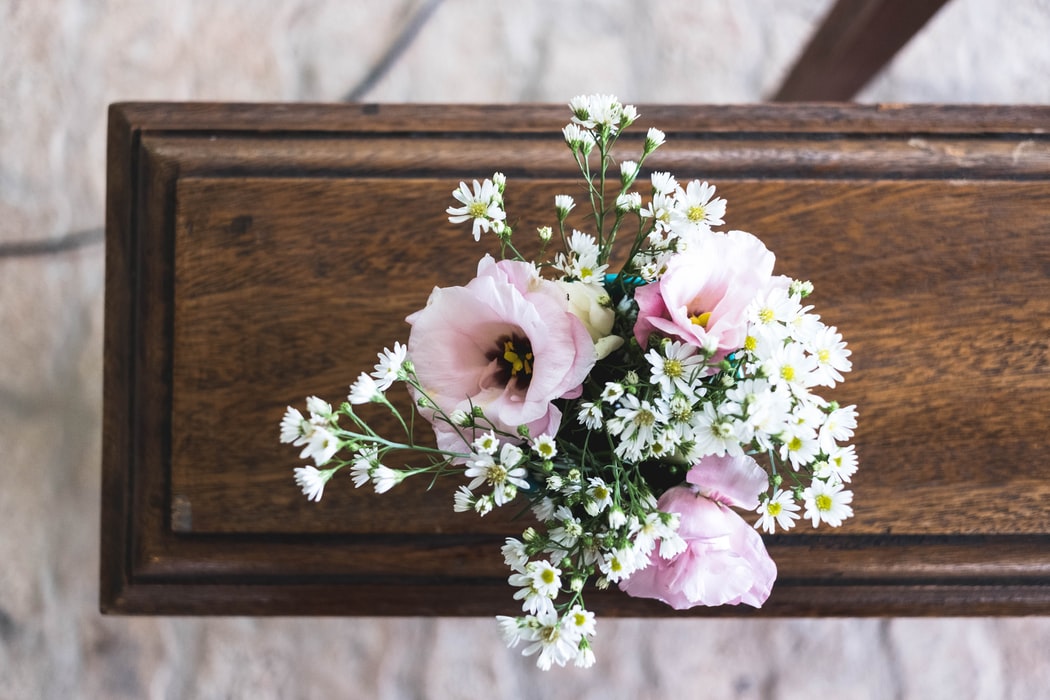
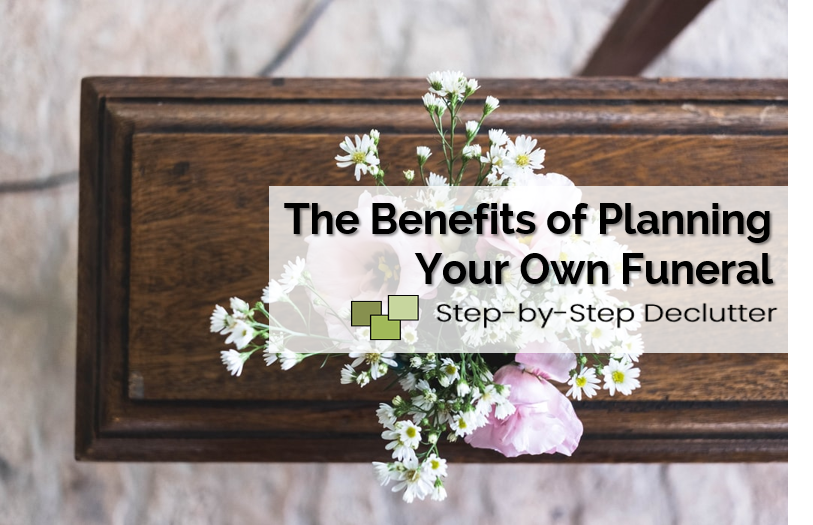
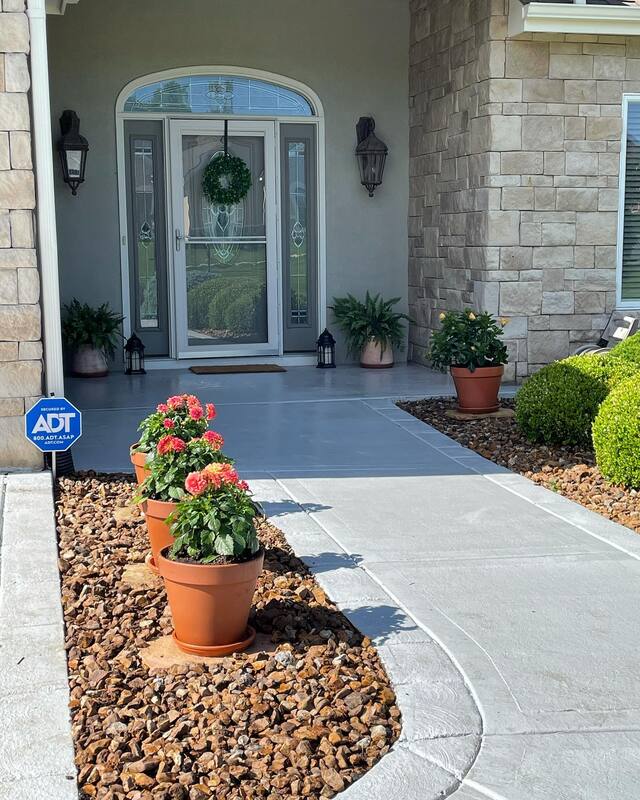
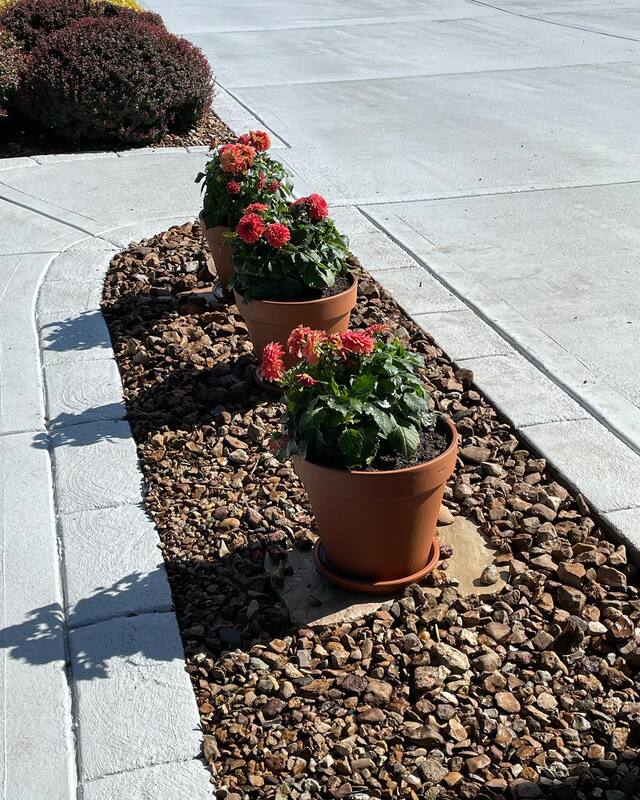
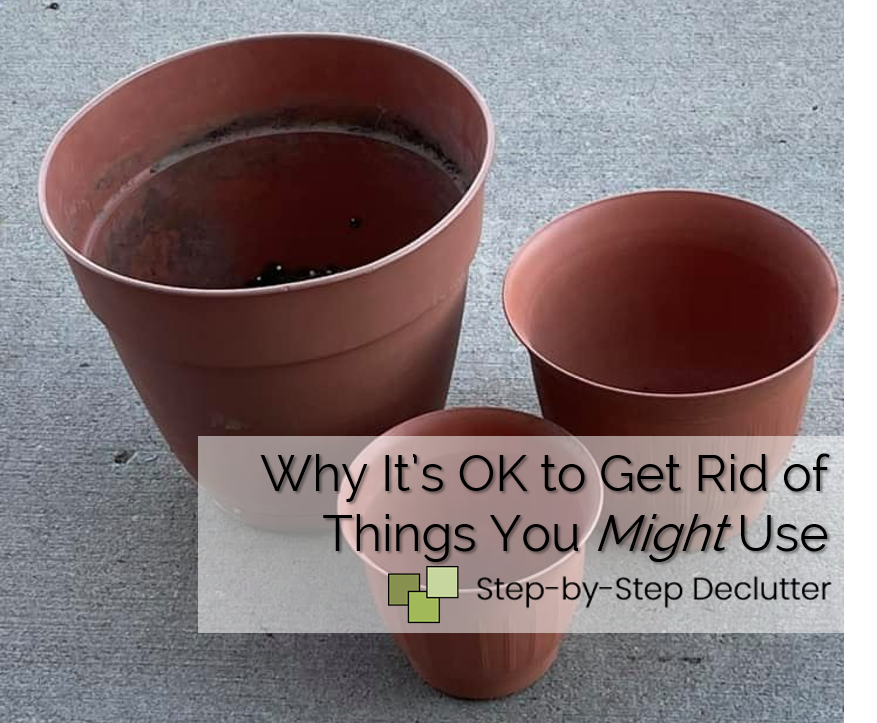
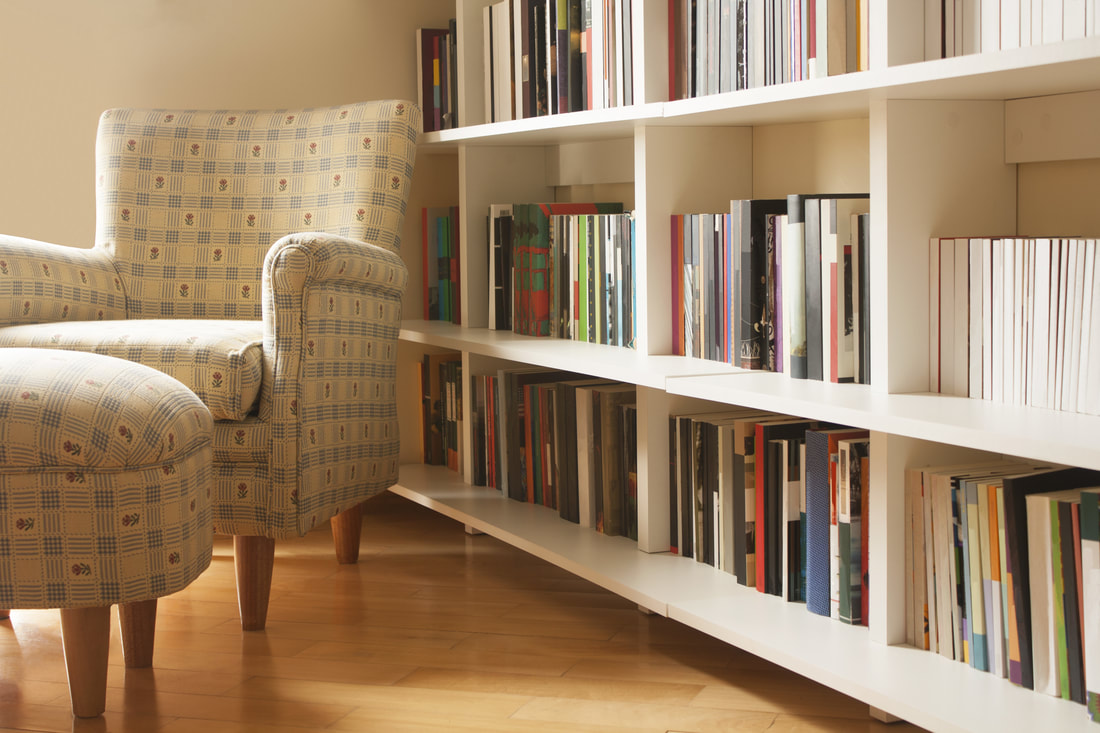
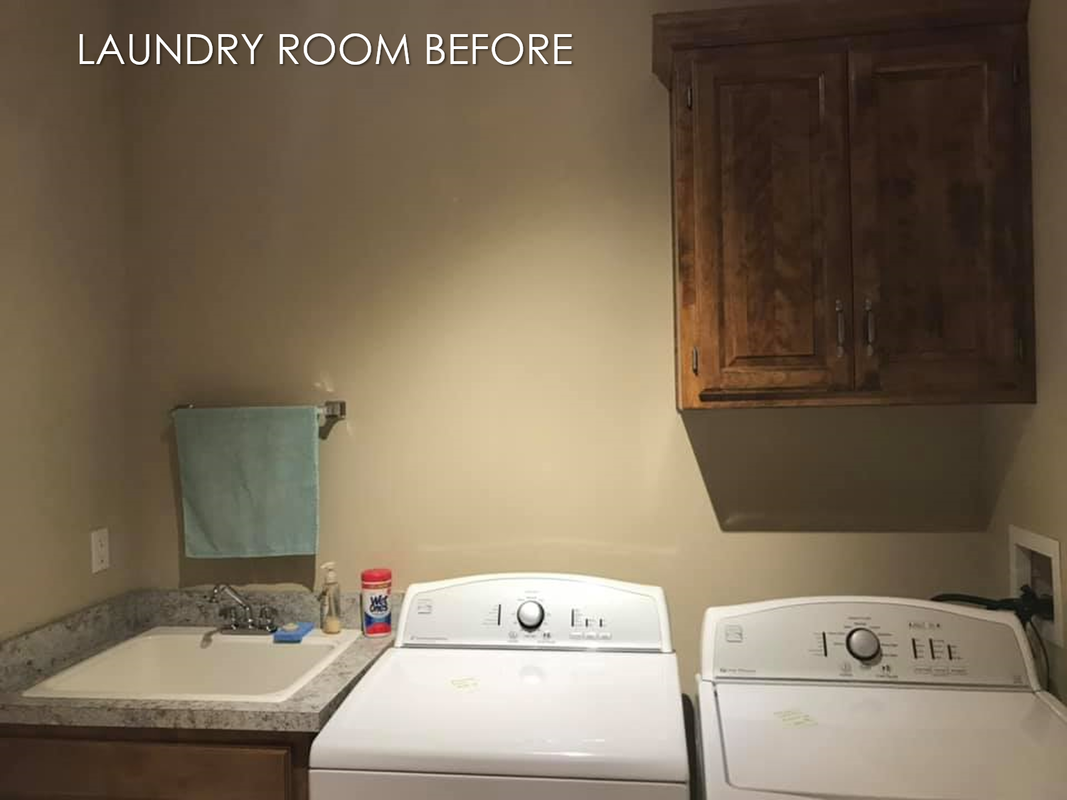
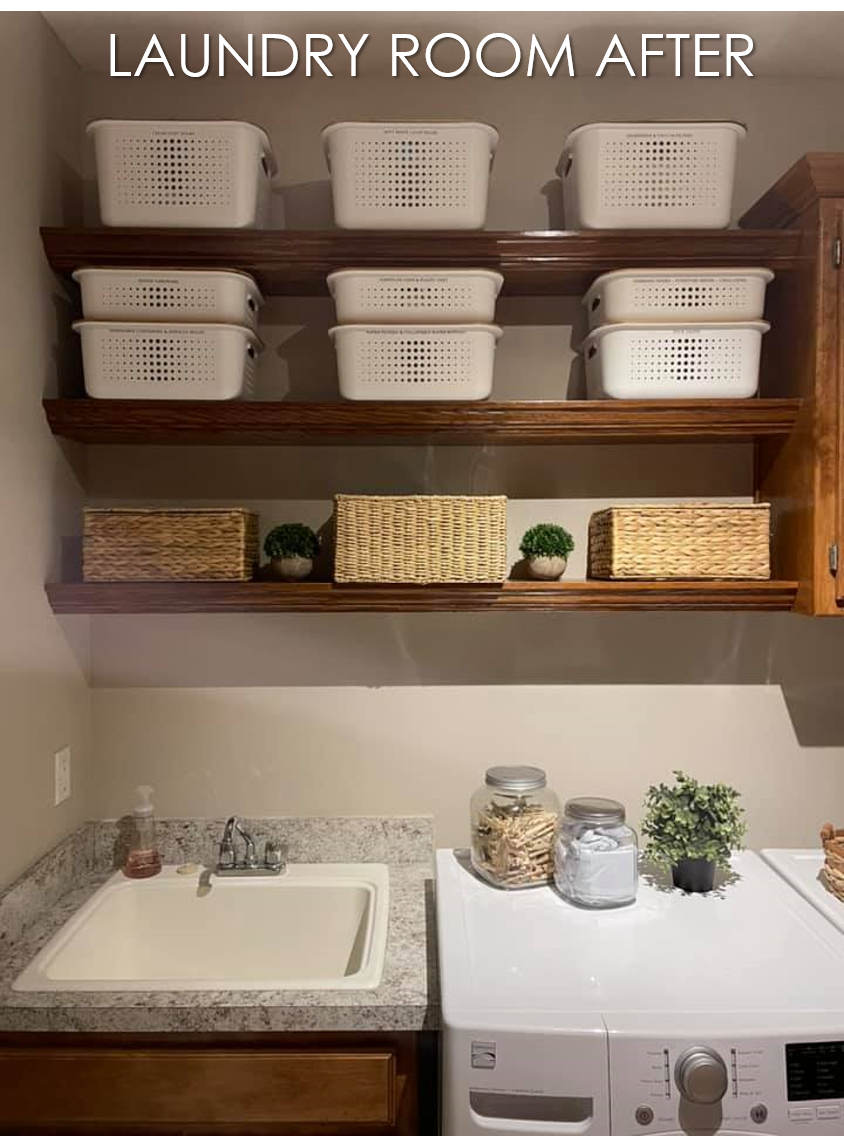
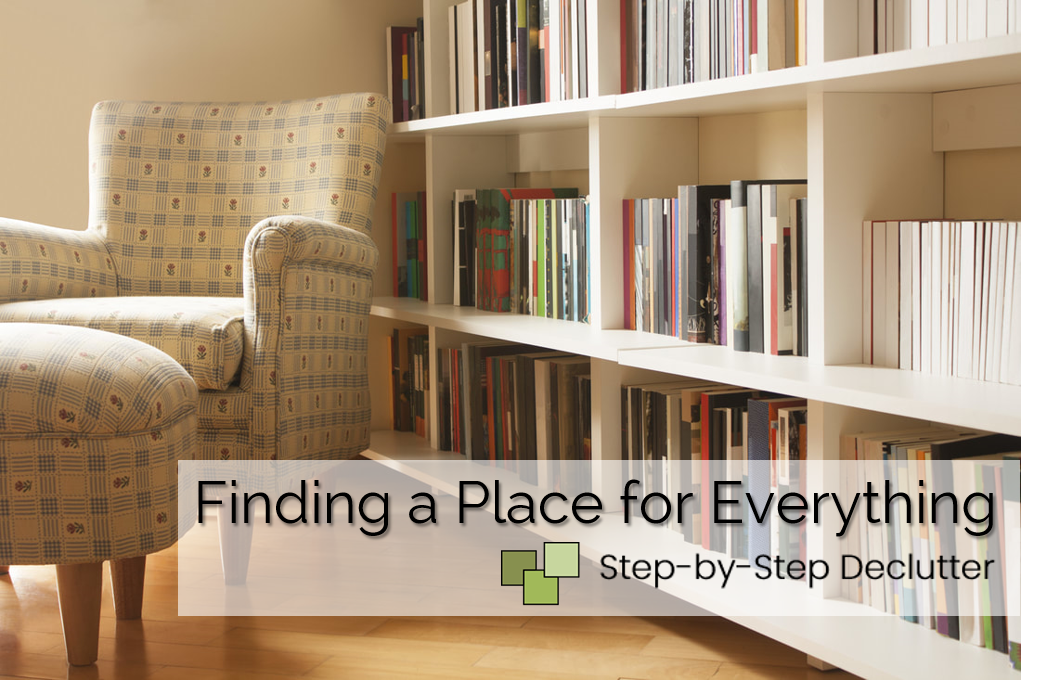

 RSS Feed
RSS Feed